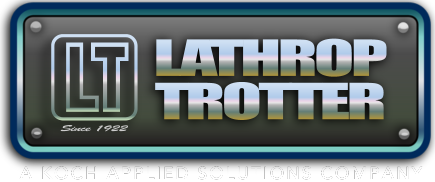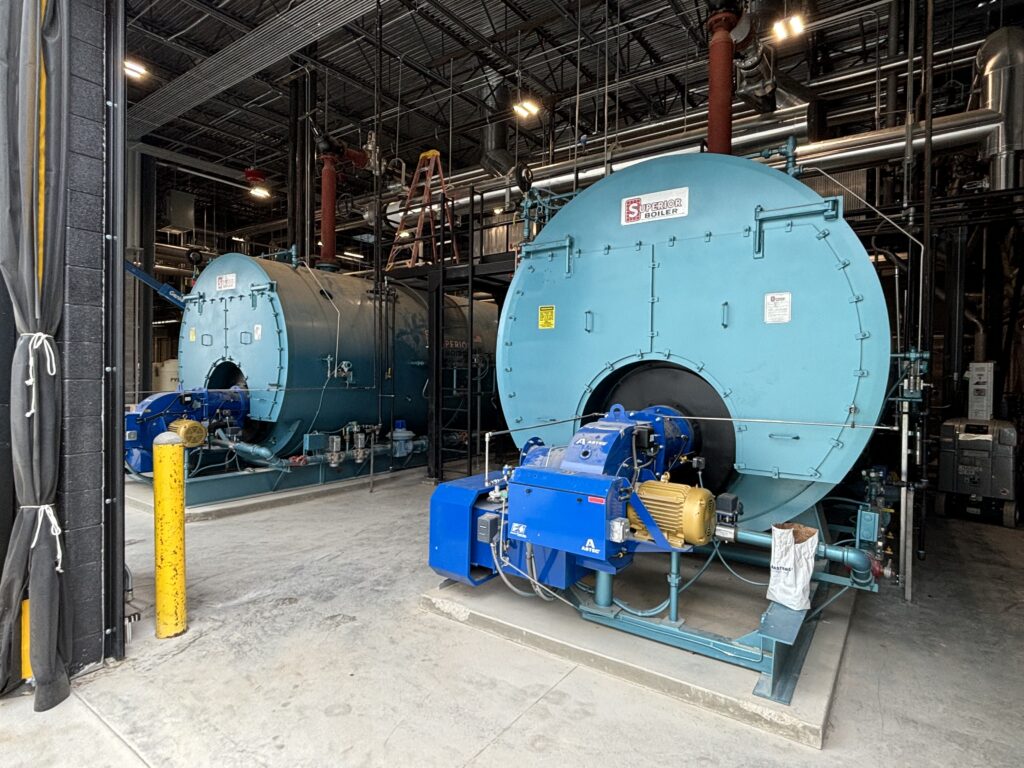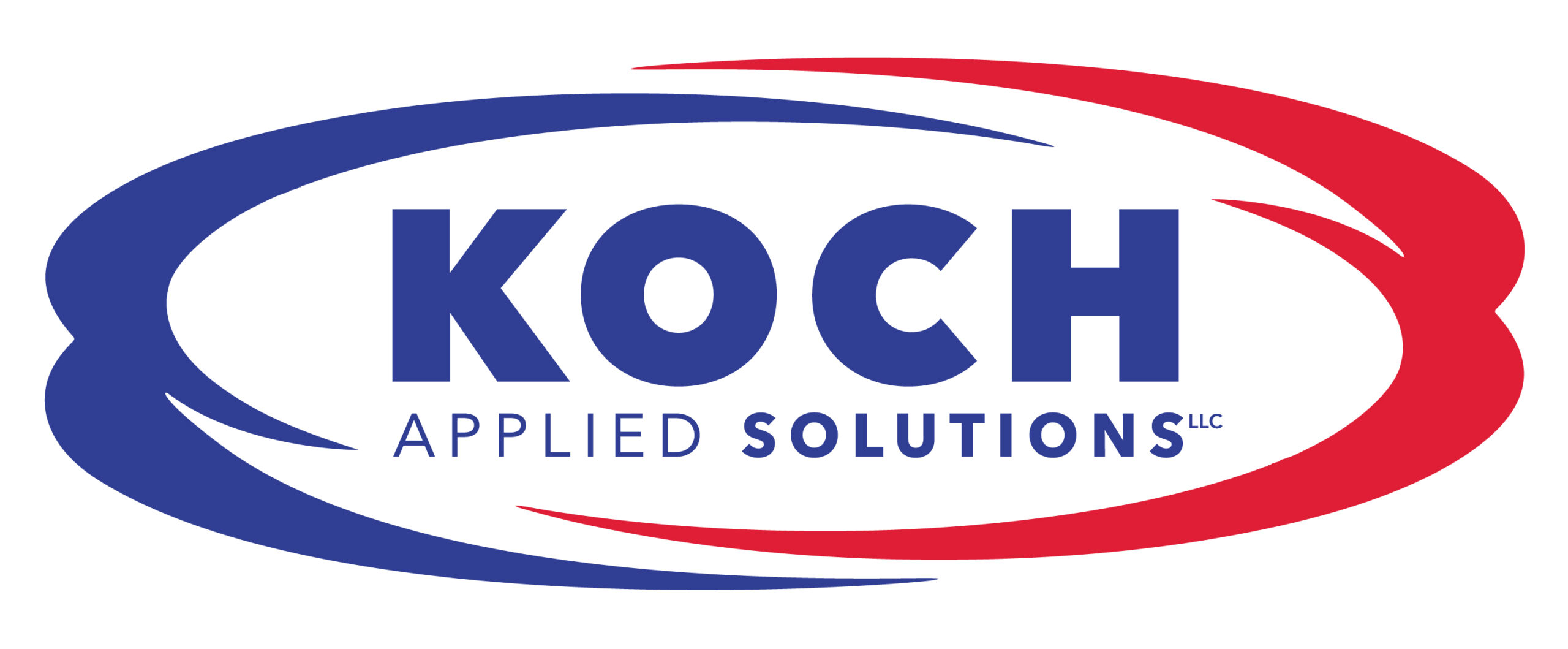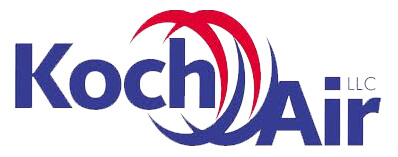When considering industrial process heating system options, large hot water firetube boilers can be a great choice for many facilities. These widely used boilers are known for advantages like reliability, efficiency, and capacity to handle significant heating demands.
To ensure optimal performance and longevity of large hot water firetube boilers, there are important points and potential things to watch out for, including the following:
Temperature Control and Internal Circulation
As firetube boilers increase in size, the thermal expansion and contraction of the steel tubes become a significant issue. When the tubes heat up, they expand more than the boiler shell, increasing stress on the tube sheet. A method for regulating the temperature should be included in the boiler’s control system. This is also known as a “Low Fire Hold Function” to ensure the burner remains in low fire until a minimum boiler water temperature is achieved.
Good internal circulation with time delays is a key factor in the longevity of these boilers. We have found that keeping the tubes and shell at similar temperatures is crucial, and good internal circulation helps achieve this balance. Proper boiler construction enhances internal circulation to mitigate the effects of thermal cycling, which can quickly wear out tube-to-tube sheet interfaces.
Monitoring and Control Systems
As stated, control of temperature and circulation is key to application success. Many of today’s large hot water firetube boilers come equipped with advanced monitoring and control systems. These systems are designed to enhance safety and efficiency by providing real-time data on boiler performance, pressure, temperature, and other critical parameters.
Operators should be trained on the effective use of these systems, including the proper response action that should be taken when alarms or warnings activate. Regularly updating software and calibrating sensors can help maintain the accuracy and reliability of these control systems.
Mitigating Condensation Issues
Ensuring that condensation doesn’t accumulate in the boiler is vital, as it can lead to significant problems, including corrosion and water buildup from combustion condensation. Condensation from cold starts can be highly corrosive and damage the boiler if it is not able to dry out between cycles. Our team had such an experience with a large system installed in a convention center. Cycling the boilers in spring and fall led to rapid corrosion. This issue was resolved by preventing the loop temperature from dropping below the condensing temperature, typically around 140°F for natural gas.
Cold starts, or thermal cycling, can also quickly wear tube-to-tube sheet interfaces. Water tubes like Unilux flex tube boilers are better for that application, so maybe consider those if cold starts can’t be avoided.
Water Quality Management
The quality of water used in the boiler should be a significant consideration. Impurities in the water can lead to scale formation and corrosion, which can drastically reduce the efficiency and lifespan of the boiler. Implementing a water treatment program that includes softening, demineralization, or reverse osmosis can help ensure that the water entering the system is of high quality. Regularly testing the water for pH levels, hardness, and other impurities is also a key to success.
Proper Ventilation and Combustion
Ensuring proper ventilation and combustion greatly contributes to the safe and efficient operation of a firetube boiler. Inadequate ventilation can lead to the buildup of dangerous gasses, such as carbon monoxide, which can pose serious health risks. It’s essential to regularly check and maintain the ventilation system and ensure that the combustion process is complete and efficient. This includes inspecting burners and adjusting air-to-fuel ratios to optimize combustion efficiency.
Lathrop Trotter Can Assist with Your Industrial Boiler System Design and Installation
While large hot water firetube boilers offer numerous advantages for industrial applications, they require careful planning consideration as well as attention to maintenance to ensure optimal performance and safety.
For more information on high-quality industrial boilers, feel free to contact the Lathrop Trotter team to discuss your facility and needs.
Questions? Your Lathrop Trotter sales engineer can help! Contact Us





